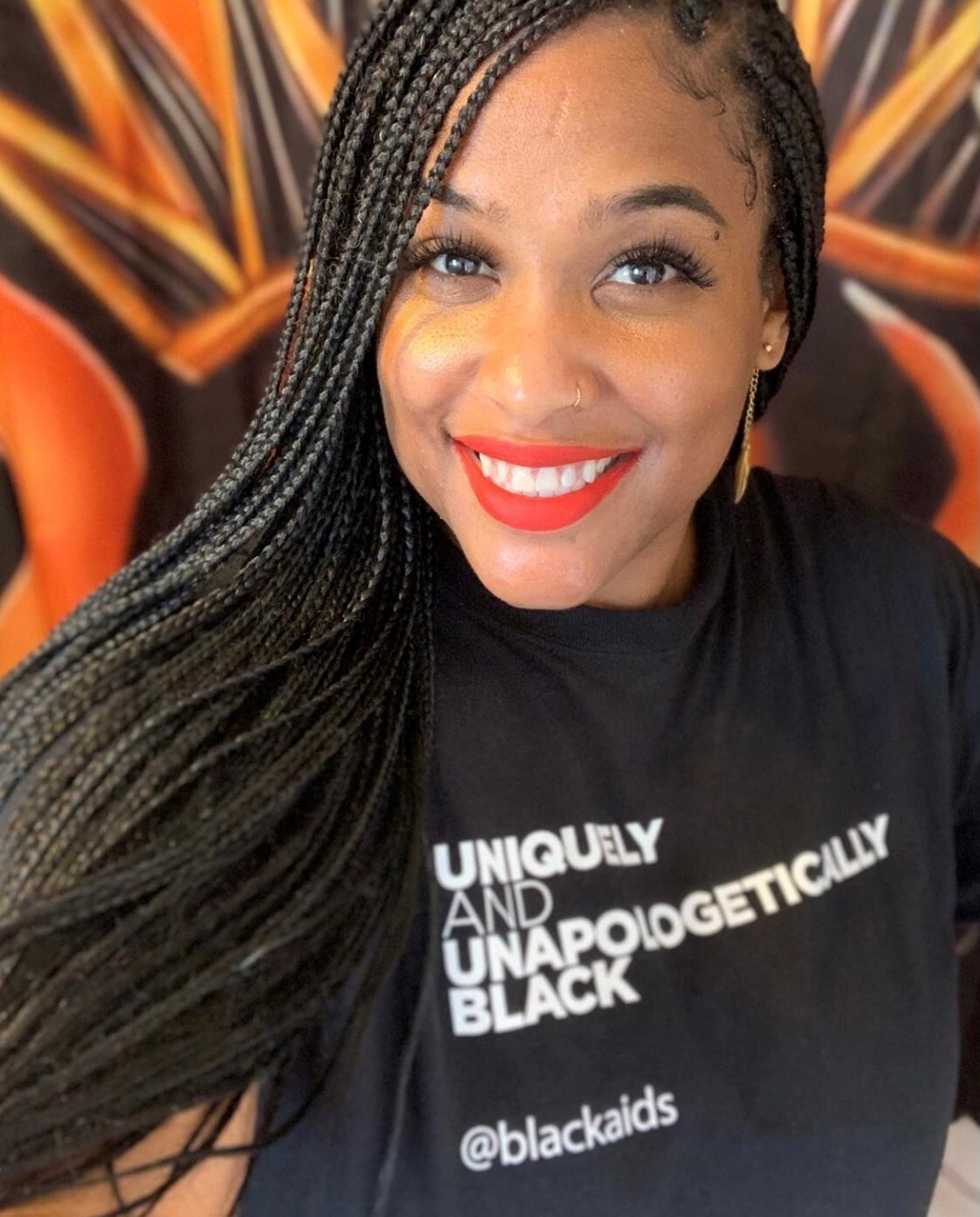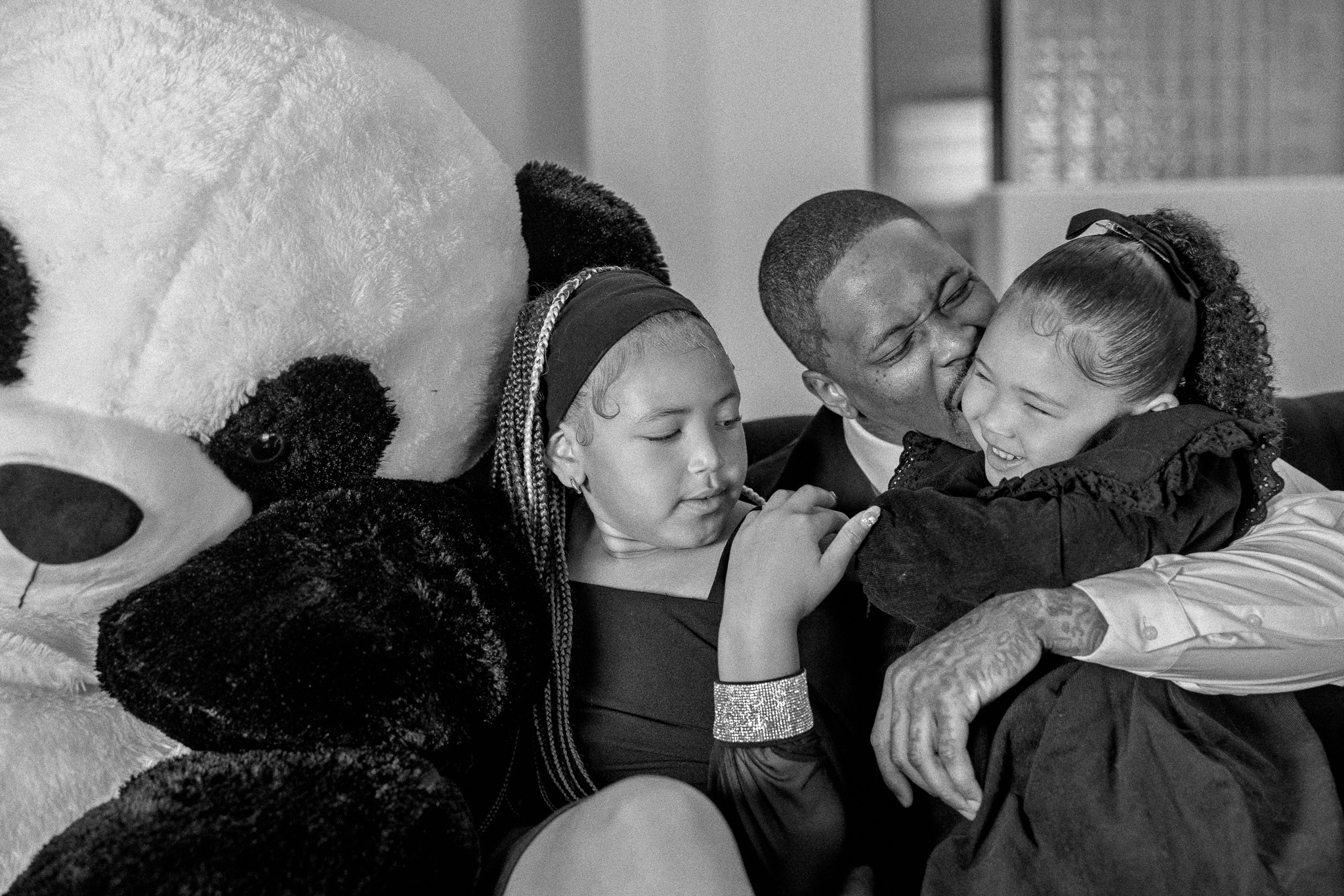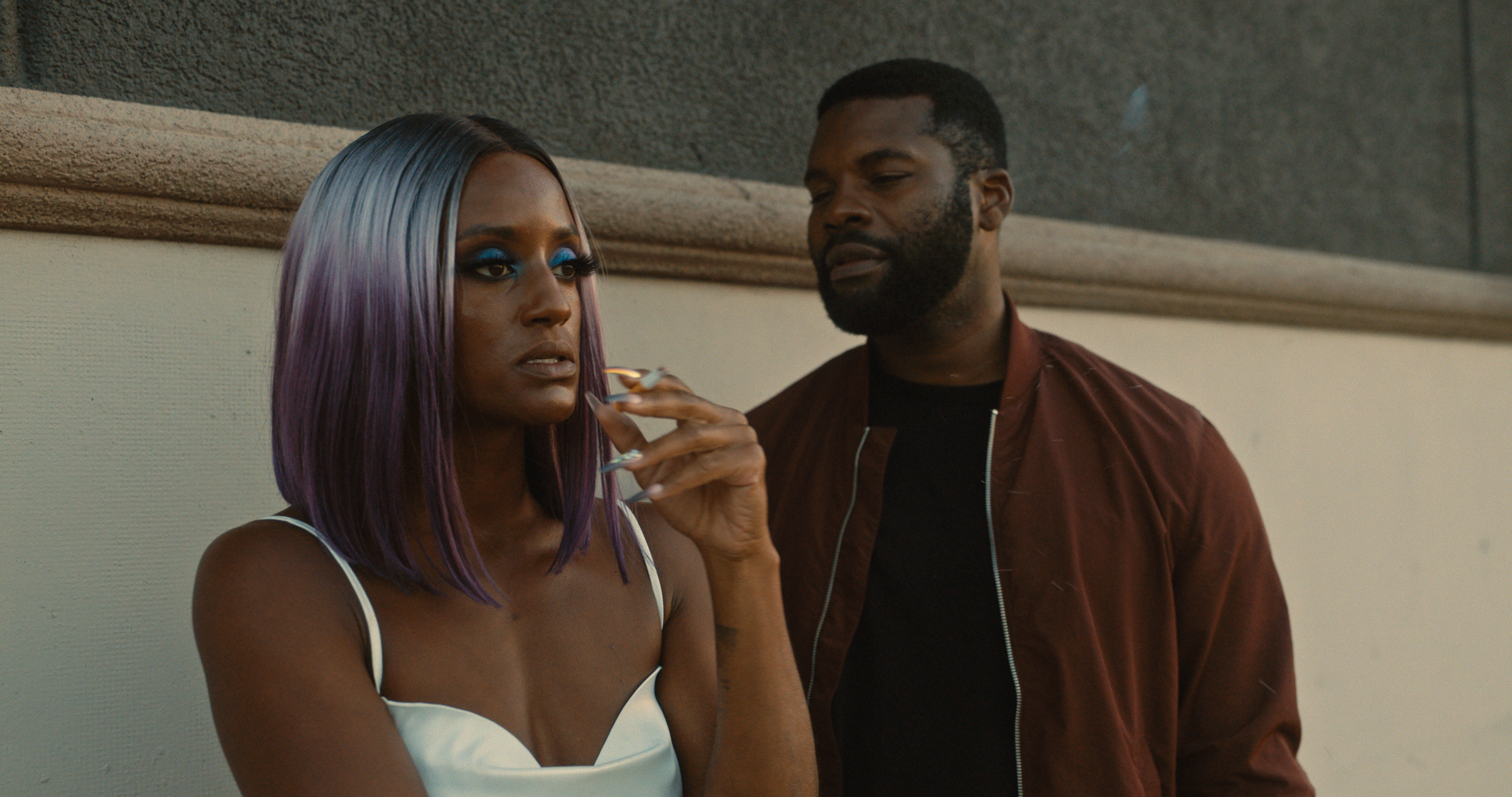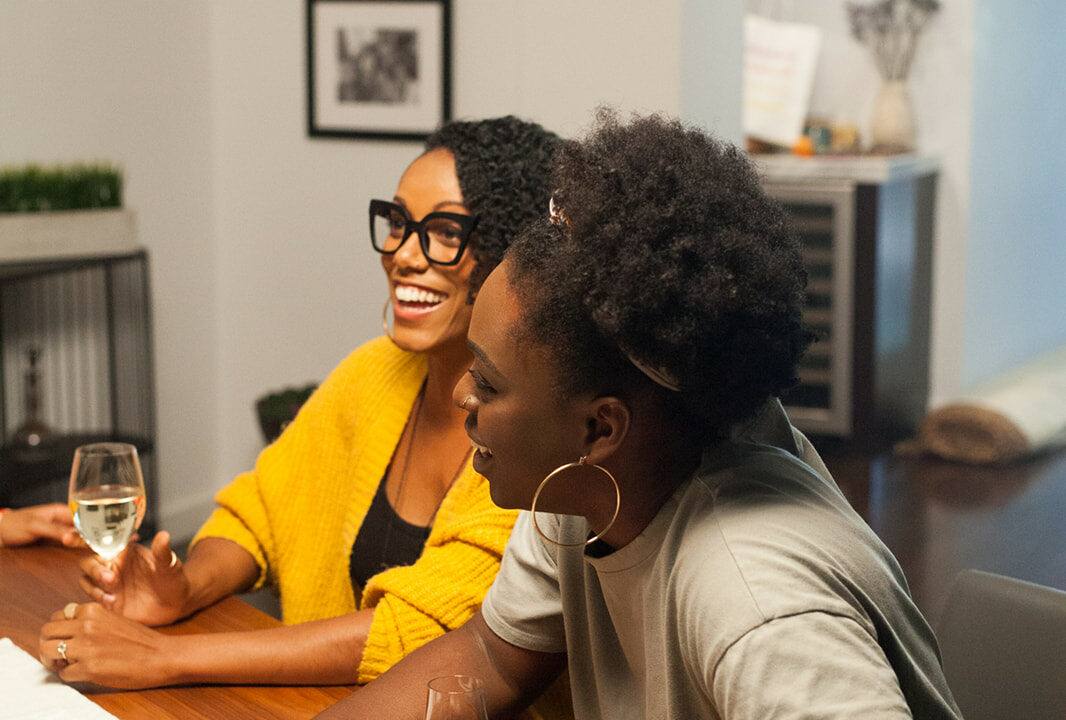
Courtesy of rawpixel.com
Courtesy of rawpixel.com

Porchia Dees (Courtesy of Porchia Dees)
Although we are nearing the end of 2020 with more access to information than ever before, there are still certain subjects that are stigmatized, in our society. HIV and AIDS awareness brings about challenges that still encompass a cloud of misinformation that is vital for the Black community to not only debunk, but also continue to learn and teach others.
As a result of misinformation and lack of awareness, Porchia Dees of the Black AIDS Institute compiled a list of the 3 things everyone needs to know about HIV.
Prevention
HIV is preventable in multiple forms including usage of condoms, getting tested regularly, and knowing both you and your partner’s status. There is also a pill that is offered and is tailored to pre-exposure. According to Dees, a daily pill called PrEP (Pre-exposure Prophylaxis) gives you over 90% protection from HIV.
The PrEP pill is useful for people who are not HIV+, but have a higher chance of contracting it through drug use or sexual contact. There are two medications under PrEP called Truvada and Descovy which are proven most effective when taken as prescribed.
Not a Death Sentence
“I’m HIV+ but not infectious. My daily medication keeps the virus so low it’s undetectable! I’m healthy and I can’t pass HIV on to my sexual partners and my future children,” Dees stated.

Courtesy of nappy.co
Life expectancy has vastly increased for those living with HIV. People diagnosed HIV+ and receive antiretroviral therapy (also known as ART), have proven to live well beyond their 50’s and older–having had the virus for many years. A Center for Disease Control and Prevention report that had taken data between 2014 and 2018, showed results that the estimated 1.1 million people diagnosed, close to half a million were 55 and over–living healthy lives with treatment.
Related Articles:
Author & Activist George M. Johnson On Dating, Self-Love, and Healthy Sexual Relationships While HIV+
5 Self-Care Tips to Thrive This Holiday Season
Here’s Why Black Joy is an Act of Resistance
You Can Have a Healthy Sex Life

Courtesy of rawpixel.com
Yes, people living with HIV can have healthy sex lives that do not negatively impact their partners.
“People like me, living with HIV, are just as beautiful and worthy of love after our HIV diagnosis as we were before our HIV diagnosis. Being HIV+ empowered me to navigate sex and relationships in a healthy way! I encourage people living with HIV to openly explore their sexuality safely,” said Dees.
Healthy sexual relationships can exist when:
- Medications are taken regularly.
- Communicating with your partner of your status and having conversations surrounding most healthy practices in engaging in sexual activity.
- Speaking to your health care practitioner for any uncertainties that may arise.
Related Articles
John Legend shows the beauty of Black fatherhood in this Father Noir feature—love, presence, and parenting four kids with Chrissy Teigen.
Rapper YG is an example of Black fatherhood, raising daughters Harmony and Vibe and breaking generational cycles, as shown in this powerful Father Noir feature.
Qasim Basir’s To Live and Die and Live is not a film that offers easy answers.
Featured Articles
The vision for our engagement shoot was to celebrate ourselves as a Young Power Couple with an upcoming wedding, celebrating our five year anniversary - glammed up and taking over New York.
When Elitia and Cullen Mattox found each other, they decided that they wanted their new relationship together, their union, to be healthier and different.
Let’s take a trip down memory lane and revisit 10 times Michelle Obama gave us a masterclass in love.
Meagan Good and DeVon Franklin’s new relationships are a testament to healing, growth, and the belief that love can find you again when you least expect it.
Celebrate their marriage and partnership with the release of the documentary “Time II: Unfinished Business”
Yes, I wanted my mom to still love me, but I needed her to love me. I wanted to know that by opening up about this part of my life she could actually love me more fully.











